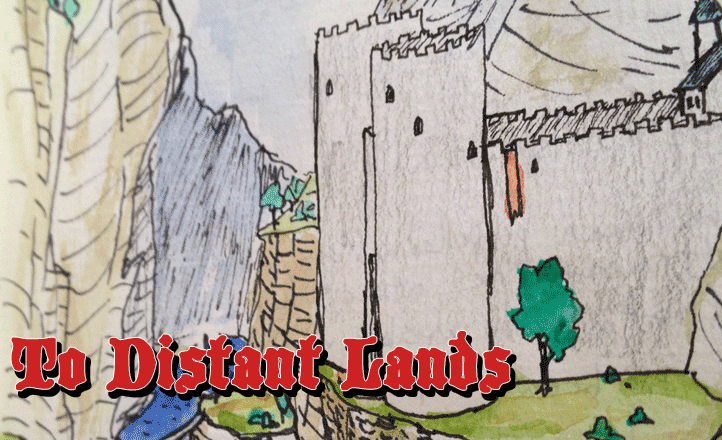I want to talk about a long-standing tendency that's been bothering me in OSR-inflected design spaces.
I'll start this off with a working definition of good game design for OSR play. Piggybacking on a recent post by Ram, I believe an essential function of good OSR design is to trace out the limits of a negative imaginative space that is filled out in play through GM stage-setting and player action.[1] When I say the rules trace out the limits, I mean they identify the areas of that space that are ambiguous, complicated, and/or not interesting to imagine, and provide structures that shortcut some of the cognitive work they demand. XP, for all its flaws, is a good example of this: The gradual process of skill development through practice and training is both difficult to represent fictionally and not of interest to most old D&D-derived games except as a sort of background pacing mechanism for character growth; XP abstracts away that fictional murkiness and replaces it with a tidy if idiosyncratic point system.
Equally important for a fantasy game, rules help define areas of the imaginative space where a lack of grounding in familiar concepts makes it difficult to reach consensus through pure narration. In other words, it is easy to imagine a door and the various things it can do, because we are quite familiar with doors. A little more removed from our common experience is something like hand to hand combat, but combat rules help break down the chaos and complexity of a skirmish into a set of graspable concepts and procedures. And none of us have any real experience with the kind of magic common to your average fantasy game. We can't talk about manipulating magical forces the way we talk about manipulating a door, without some common frame of reference. This is why the old D&D magic system is, if not excellent game design, then at least good enough: it tells us in more or less concrete terms what effects a magician can produce, and under what circumstances.
In contrast to good or good-enough design, I want to talk about something I call fuck-you design.
